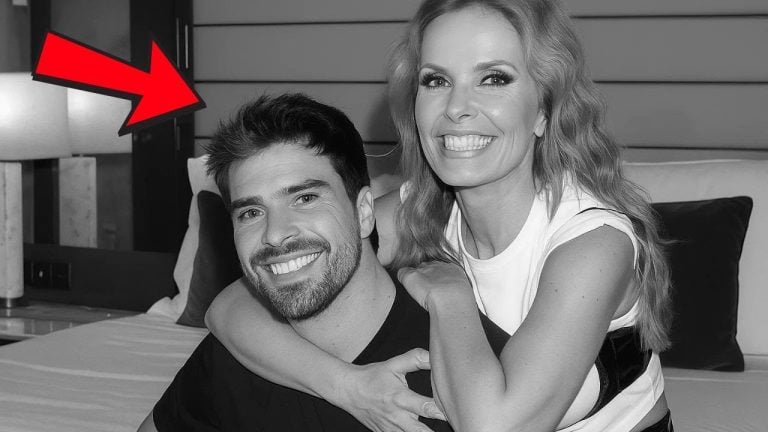
In a stunning revelation that resonates with millions, Taylor Swift’s new album has ignited a powerful conversation about the facades we maintain in our pursuit of happiness. The track “Eldest Daughter” features a raw confession that challenges the societal pressures surrounding love and commitment, striking a chord with listeners grappling with their own truths.
Swift’s poignant lyrics reveal a deeply personal struggle, stating, “When we first started dating, I told you I didn’t believe in marriage, I was lying.” This candid admission exposes the heart-wrenching reality many face: the fear of vulnerability in relationships. The song articulates a universal longing for connection, underscoring the idea that many of us settle for less, convincing ourselves that we should be content with mediocrity.
Experts are weighing in, affirming that Swift’s insights reflect a broader psychological phenomenon. Research indicates that the desire for love and validation is a core human need. The discussion around her lyrics highlights a societal trend where individuals, particularly women, often suppress their true desires to fit into predefined molds of happiness. The fear of wanting more can lead to a dangerous cycle of self-deception, where we convince ourselves that our current situation is sufficient.
Listeners are responding with urgency, sharing their own experiences of feeling pressured to downplay their aspirations in relationships. Swift’s narrative has sparked a wave of introspection, prompting fans to confront their own fears of inadequacy and the societal expectations that shape their choices.
As Swift continues to redefine the narrative around love and self-acceptance, her music serves as a clarion call for authenticity. The emotional impact of her lyrics is undeniable, propelling a movement that encourages individuals to embrace their desires rather than hide behind a facade of happiness.
In a world where the quest for love often feels fraught with compromise, Swift’s message is clear: it’s time to stop faking happiness and start pursuing the lives we truly want. The urgency of this moment cannot be overstated—it’s a reminder that vulnerability is not a weakness but a strength that can lead to genuine fulfillment. As fans rally around her message, it’s evident that the conversation about love, self-worth, and authenticity is just beginning.





